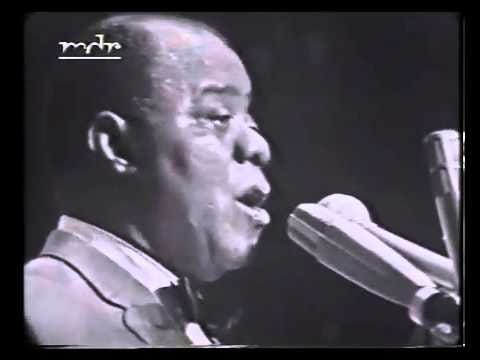

Discover more from Life in the 21st Century
Note to Readers – Three years ago, Life in the 21st Century entered through Nigeria with Chronicles From the Land of the Happiest People on Earth, so it is now appropriate to exit from the Congo. Doubt there will be future posts here, I may start something further down the line on another platform, but that is for the future.
I suspended the money collection process, so you should no longer be charged or be able to give anything.
They laugh at you and scorn you too
What did I do to be so black and blue?
I'm white inside but that don't help my case
'Cause I can't hide what is in my face
How would it end? Ain't got a friend
My only sin is in my skin
What did I do to be so black and blue?
Soundtrack to a Coup D'etat is an excellent new film by Belgian Johan Grimonprez concerning the 1960 coup of independent Congo’s newly elected Prime Minister Patrice Lumumba. It is especially good tying in the stories and music of many of America's top jazz players, who were used as goodwill ambassadors by the American government to the African continent and elsewhere. The film does a wonderful job creating the era’s global political environment. In piece by piece fashion the documentary is chock full of information that may be a little difficult to follow for those completely unfamiliar with events, which unfortunately is 99% of Americans. The music never fails.
In the annals of European colonialism, there was none more savage than Belgian colonization of Congo. The end of the 19th century Berlin Conference carved-up the African continent for its new European masters, the great mass in the center given to Belgium. The Belgian monarchy used it as a private family concession for the next couple decades, then it largely became the concession of several corporations.
Congo was first brutally exploited for rubber, so brutally it inspired Conrad's Heart of Darkness, largely misunderstood as something Kurtz found up the jungle river, instead of the savage void he brought with him from the great halls of government and commerce in Brussels. In the coming decades, Congo would reveal vast mineral deposits including copper, uranium, and cobalt: copper essential for electrifying the world, though not Congo; uranium for the nuclear bombs dropped on Japan; and cobalt, an essential element of the batteries for whatever you euphemistically want to call this latest, greatest, mad technological race.
In 1960, Congo gained independence from Belgium. Patrice Lumumba was elected Prime Minister, within two months he was deposed by military man Mobutu, in five months brutally murdered. The American’s, Belgian’s, and UN’s fingerprints are in one way or other all over the coup and the murder. Afterwards, Mobutu became America's man in the Congo ruling a decades long savage regime that would have made the former Belgian King Leopold blush. He kept the minerals flowing out.
The Lumumba coup was just another in a long line of unaccounted travesties involving America’s National Security State. Two and half years ago, I wrote The National Security State: 75 years of Failure, pointing to its latest fiasco in the Ukraine, now can be added the Israeli pogrom of Gaza and Lebanon. It is amazing, or maybe not so much, how the actions of the American National Security State over three-quarters of a century are largely absent in any discussion of politics in America, electorally invisible. Though at this point, it’s hard to say America has political discussion at all, its elections a reality-tv circus.
In her 1963 book, On Revolution, seminal democratic thinker Hannah Arendt summed up what had by then already become the security state’s brutal idiocies that continue sixty years on,
“Less spectacular perhaps, but certainly no less real, are the consequences of the American counterpart to the world's ignorance, her own failure to remember that a revolution gave birth to the United States and that the republic was brought into existence by no 'historical necessity' and no organic development, but by a deliberate act: the foundation of freedom. Failure to remember is largely responsible for the intense fear of revolution in America, for it is precisely this foreign policy in its desperate attempts at stabilization of the status quo, with the result that American power and prestige were used and misused to support obsolete and corrupt political regimes that long since had become objects of hatred and contempt among their own citizens.”
Thanks again for reading and your support,
Joe
Subscribe to Life in the 21st Century
History, Science, Energy, Technology, Environment, and Civilization











This has been the best substack (out of more than a dozen that I subscribe to) I've read over the past few years. Thank you so much for sharing your thoughts/knowledge/wisdom with us and can't wait to see what you do next!
Always valued your deep insights and long term view. Good luck in whatever is next!